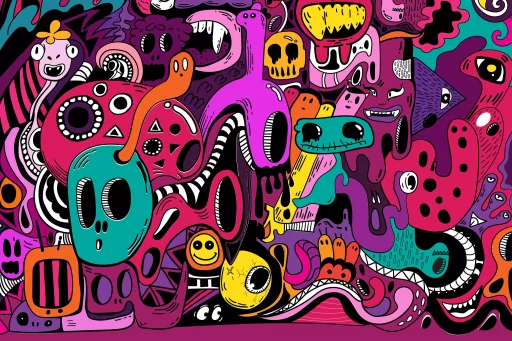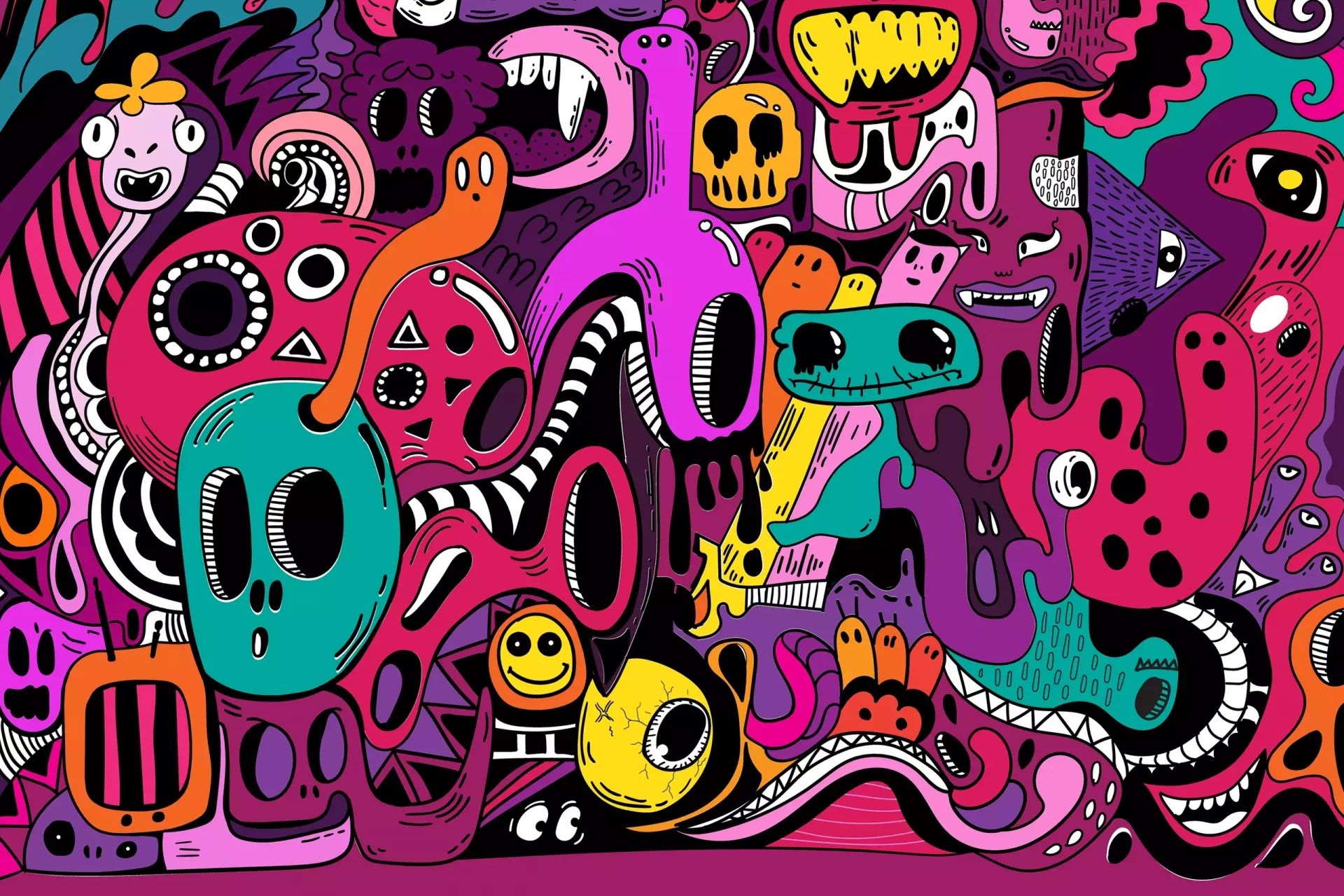Introduction to ‘Lesbo’
The term ‘lesbo,’ often found in informal and colloquial usage, is a slang term that refers to lesbian individuals, specifically women who are attracted to other women. While it can be used in a lighthearted manner among friends, it’s essential to understand the context and implications when using such terms. In this article, we will explore the history, meaning, and cultural significance of ‘lesbo’ through various perspectives.
The Etymology of ‘Lesbo’
The word ‘lesbo’ is derived from ‘lesbian,’ which itself comes from the island of Lesbos in Greece, known for its association with Sappho, a poet from the 6th century BCE. Sappho’s works often celebrated love between women, leading to the term ‘lesbian’ becoming widely accepted in modern vernacular. However, ‘lesbo’ carries a more casual or slang connotation and can vary significantly in its reception based on the context in which it is used.
Urban Dictionary’s Take on ‘Lesbo’
In the Urban Dictionary, definitions can vary widely, often reflecting evolving cultural conversations. Some of the typical definitions include:
- Lesbo: A casual term for a lesbian, often used among friends but can be viewed as derogatory in certain contexts.
- Lesbianism: A sexual orientation where a woman is attracted to other women, sometimes humorously referred to as being a ‘lesbo.’
- Self-Identification: Some individuals reclaim the term ‘lesbo’ as a point of pride, using it to express their identity in a positive light.
It’s important to note that not all individuals who identify as lesbian are comfortable with this slang term; thus, sensitivity is paramount.
Cultural Perceptions of ‘Lesbo’
The term ‘lesbo’ has been embraced and criticized in various spheres of culture, particularly in media and social interactions.
- Acceptance and Reclamation: Many in the LGBTQ+ community have taken back terms like ‘lesbo’ as a form of empowerment.
- Media Portrayals: Representations in film and television sometimes utilize ‘lesbo’ for comedic effect, which can either help normalize LGBTQ+ identities or trivialize them.
- Vulnerability to Stereotypes: The informal nature of the term can perpetuate stereotypes, particularly when used pejoratively.
Statistics on LGBTQ+ Acceptance
To better understand the cultural significance of terms like ‘lesbo,’ it is essential to consider LGBTQ+ acceptance statistics:
- According to a 2021 Gallup poll, 5.6% of U.S. adults identify as LGBTQ+, a figure that has steadily increased over the years.
- In the same poll, acceptance towards LGBTQ+ individuals has reached an all-time high, with 70% of Americans stating that gay and lesbian relations are morally acceptable.
- A 2023 survey indicated that 64% of respondents aged 18-29 are comfortable discussing sexual orientation openly, reflecting a generational shift in attitudes.
These statistics highlight a broader trend toward acceptance and understanding, yet the casual usage of terms like ‘lesbo’ still requires caution.
Case Studies: The Impact of Language
Language plays a crucial role in shaping perceptions and attitudes towards different communities. Here are a couple of case studies showcasing the impact of slang terms:
- Case Study 1: In 2020, a viral video featuring a comedian using the term ‘lesbo’ sparked a controversy. While some found humor in the context, others criticized it for being disrespectful, showcasing how the term can be divisive.
- Case Study 2: A group of activists used the term ‘lesbo’ in a campaign aimed at celebrating lesbian culture. By adopting a reclaimed vernacular, they turned a potentially derogatory term into one of pride, promoting visibility in a positive light.
The Future of ‘Lesbo’ in Language
As societal understanding of sexual orientation evolves, the meanings attached to ‘lesbo’ and similar terms will likely continue to shift. Language is dynamic, and the way we communicate about identity is profoundly influenced by cultural attitudes. The future of the term may see it evolve into a more nuanced expression of identity, or perhaps fade away as discussions around gender and sexuality become more inclusive.
Conclusion
In conclusion, while ‘lesbo’ is a term with deep roots in LGBTQ+ culture, its implications and perceptions are complex. Understanding the significance of such terms requires an awareness of context, cultural sensitivity, and acknowledgment of the voices of those it affects. As language continues to evolve, it is our responsibility to engage in informed and respectful dialogue, fostering acceptance and understanding in our communities.


